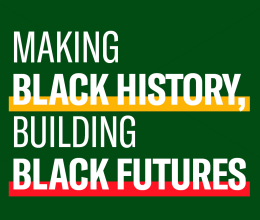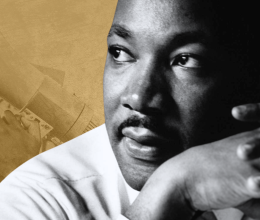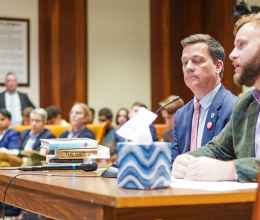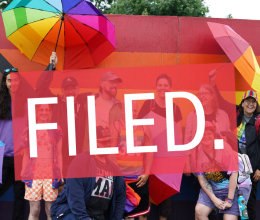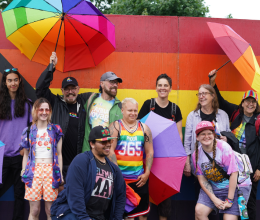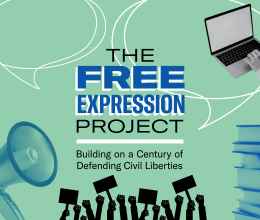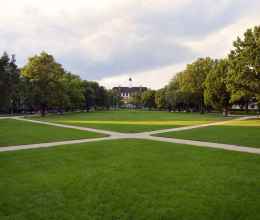
The United States District Court in Springfield today entered a preliminary injunction against enforcement of Holyoke’s recently amended sign ordinance “to the extent it (1) prohibits temporary signs on residential or commercial properties between December 1 and March 1 or requires their registration during that period, and (2) forbids temporary signs on vehicles, including bumper stickers.”
On October 16, the Holyoke City Council – over the veto of Mayor Alex Morse – amended the City’s sign ordinance to regulate “temporary signs” on residential and commercial properties in the months of December, January, and February of each year in any location within the city. The amendments also purported to prohibit “temporary signs” on vehicles, including bumper stickers, year-round. In proposing the amendments to the sign ordinance, a city councilor expressly stated that the ban on lawn signs is meant to emphasize the finite nature of political campaigns.
“Exercise of free speech is fundamental to our democracy,” said Ruth Bourquin, Senior Attorney at the ACLU of Massachusetts. “We call on City officials to resolve this matter in a way that preserves fundamental rights of our clients and all residents and visitors to Holyoke.”
The lawsuit was filed on behalf of seven Massachusetts residents who have or want to post signs on their lawns or bumper stickers on their cars, and would be prevented from displaying these if the city enforced the sign ordinance. The signs include “Black Lives Matter” and “All Are Welcome” – as well as campaign and holiday signs.
“We are grateful to the Court for recognizing our First Amendment rights to express ourselves on our private property,” said Anne Thalheimer, one of the named plaintiffs.
“We believe that free expression, including expression indicating that Holyoke is a welcoming and diverse City, is very important,” said Kaitlin Molloy, another one of the plaintiffs.


